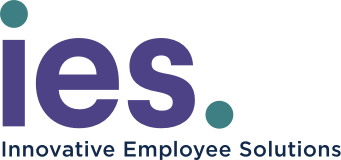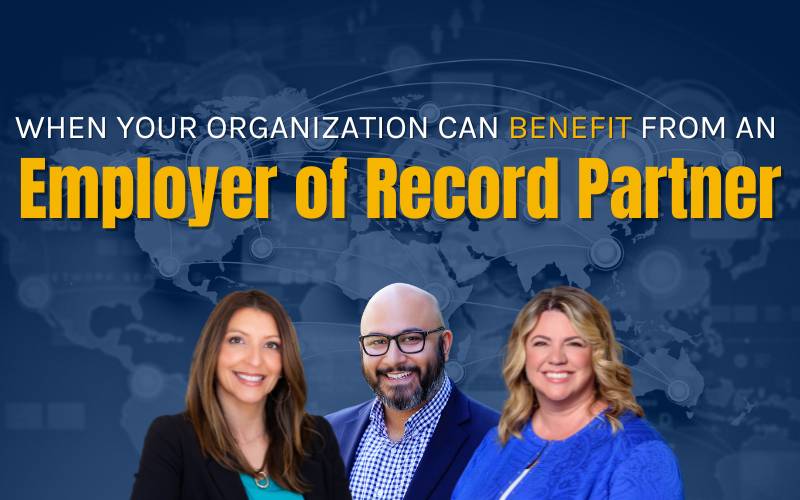Today, companies are increasingly turning to direct sourcing as an approach to recruiting talent. However, to implement direct sourcing strategies successfully, organizations need to understand how to build strong relationships, use new technologies, and overcome some of the most common challenges associated with talent acquisition optimization via direct sourcing.
Several best practices can help organizations use direct sourcing strategies to access far greater pools of qualified candidates and build more efficient and cost-effective recruitment processes. But first, what exactly is direct sourcing?
What is Direct Sourcing, and Why is it Beneficial?
Direct sourcing is the practice of actively seeking and engaging potential candidates for job openings using a company’s own employer brand and by having talent pools of known talent from previously engaged talent, returning retirees, alums, and silver medalists from recruitment activities. Leveraging these known sources instead of involving any external recruitment agencies is the key to direct sourcing. This proactive approach to talent acquisition aims to help businesses take full responsibility for identifying potential candidates and attracting them to their organizations so they can be ready to hire when the need arises.
Implementing a direct sourcing strategy can provide companies with various benefits, including:
Reduction in time to hire: Engaging with known candidates, such as previous workers, manager referrals, interns, and returning retirees, can drastically reduce the time that it takes to hire new talent, as well as improve the pace of productivity.
Improved candidate quality: Direct sourcing can undoubtedly ensure talent acquisition optimization. That’s because candidates within the talent pool have been previously engaged with the company or referred to it. Thus, they have much higher quality ratings than those who are brand-new to the organization.
Reduced costs for recruiting: Direct sourcingeliminates the need to pay a third party to hire new workers, which dramatically reduces the overall costs associated with recruiting new talent. However, a recruiting partner can help fill talent pools outside of an organization’s known talent.
Increased candidate engagement: Using direct sourcing can help companies build much stronger relationships with candidates. Even if candidates aren’t hired immediately, it can create a positive candidate experience. This will attract more talented candidates in the future and improve talent acquisition optimization.
Enhanced diversity and inclusion: A strong direct sourcing strategycan widen candidate pools, ensuring companies create more diverse and inclusive workforces.
Overcoming the Challenges of Direct Sourcing
Although direct sourcing provides several benefits, it also has some challenges. If not done correctly, it can be confusing for the candidate when third parties utilize an organization’s brand to engage in hiring activities. Some fear this will lead to the potential misclassification of employees or co-employment concerns. As such, it’s vital to have co-branded communications that clearly define who the employer is while also providing all the details of the role.
Another obstacle is the need for ongoing marketing campaigns. These campaigns are used to keep potential candidates engaged, but keeping them updated and consistent can be difficult. A direct sourcing program manager can mitigate this issue by overseeing all the potential partners in the program, driving best practices and continuously monitoring talent pools.
When it comes to implementing any type of direct sourcing strategy, it is important to start right to end right in order to avoid these challenges. This essentially means that teams must consider how the direct sourcing program will be measured and begin planning talent pools and sourcing strategies upfront. What key roles are needed? What will attract candidates to the roles? Companies should also educate people within their organizations about the initiatives to ensure everyone is on the same page.
The Impact of Technology on Recruitment
Technology and data analytics play vital roles when implementing a direct sourcing strategy. It is undeniable that the impact of technology on recruitment is far-reaching. Some of the benefits organizations can expect include the ability to do the following:
Automate everyday tasks.
Technology allows companies to automate many of the time-consuming tasks related to direct sourcing. This can include sourcing candidates, screening them, and maintaining communication throughout the hiring process. Technology can dramatically help free up time for recruiters so they can focus on more strategic tasks, such as building strong relationships with potential candidates and making informed hiring decisions.
Obtain critical candidate insights.
Data analytics can provide companies with invaluable insights into their candidate pools. Teams will be better able to analyze the skills and experiences of the candidates, their interests, and their specific demographics. This type of information can be leveraged to target workers and attract the best talent for various positions.
Make better hiring decisions.
Data analytics also help companies make more informed decisions when it comes to hiring candidates. This is made possible by offering insight into each candidate’s performance records and potential performance in the new role.
Selecting the right technology and partners for direct sourcing can be incredibly overwhelming. Rather than attempting to move forward on your own, consider working with a managed direct sourcing partner. An experienced direct sourcing management firm equipped to evaluate and recommend components that ensure the success of the direct sourcing program will be invaluable. Additionally, a direct sourcing management partner can offer expertise in both full-time and contingent staffing, thereby getting you the type of talent you need and improving your process.
It is undeniable that direct sourcing offers a way for companies to access much broader talent pools while also reducing hiring costs and building more efficient recruitment processes. Addressing common challenges while nurturing candidate relationships and leveraging technology can optimize talent acquisition and drive success in your direct sourcing program.
Contact us today if you’d like help getting your direct sourcing strategy off the ground.
Written by: Maria Goyer, Chief Innovation Officer at IES
Maria Goyer is the Chief Innovation Officer of Innovative Employee Solutions (IES), a leading provider of remote and contingent workforce solutions specializing in global Employer of Record, Agent of Record, and Independent Contractor compliance services in 150+ countries. Founded in 1974, IES is a woman-owned business, certified by the WBENC, and partners with companies to provide compliant employment solutions that empower people’s lives.







